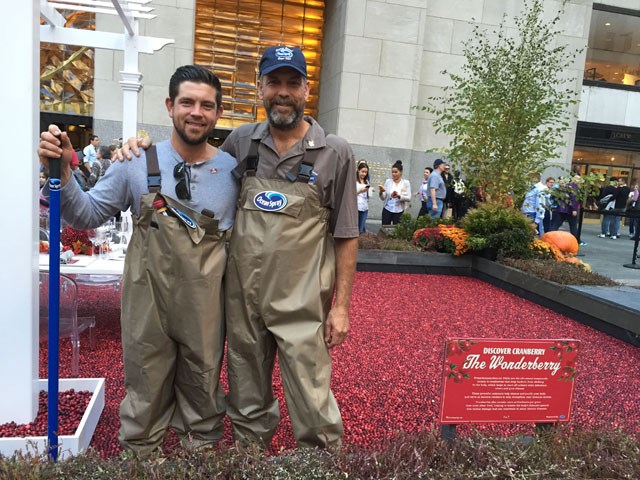An application by Mayberry Farms Ltd. to subdivide farmland to create three separate residential lots was approved by Richmond city council on Monday.
Council voted 7-2 in favour of the proposal, with councillors Carol Day and Harold Steves voting against it.
The decision came down to sticking to general policy of not facilitating more residential lots on farms or trusting the promise of one of Richmond’s longest-standing farming families, the May family, that the subdivision is necessary for farming purposes and the land will remain in the family.
“If we’re going to support farming, we need to support farmers,” said Mayor Malcolm Brodie.
Steves noted he had no problem with creating two residential lots where homes exist, but took issue with a new lot that would permit “farm worker dwellings.”
He said the Agricultural Land Commission (ALC) probably doesn’t want to start setting that precedent, nor does he.
City staff noted nothing prohibits the residential lots from being sold to a third party at a later date.
The Agricultural Advisory Committee (AAC) advised that the dwellings should be incorporated in the other properties, noted Steves.
Steves said the Mays are likely not going to sell their land, “but it could happen elsewhere,” if such a precedent is set.
Farmer Derek May wrote a letter to council, noting the land has been in the family for decades.
“To this day we haven’t sold any piece of property and don’t plan to,” wrote May, claiming the cranberry farm needs employees living on site due to the nature of their duties.
May noted more people living on site would reduce theft, a growing concern in the remote reaches of Richmond’s farms.
McNulty was critical of the AAC.“I’m very disappointed in the AAC. Their role is to advise council, not make decisions.”
Now that the proposal has been approved by council, it must be approved by the ALC.



